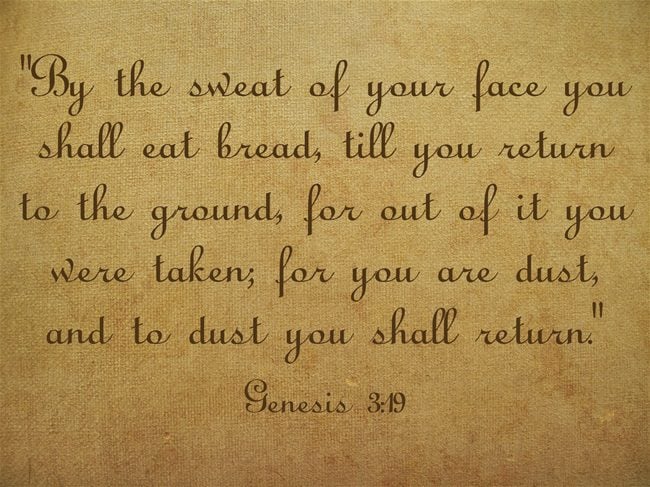

And in Shanghai and a few other maritime cities of China, city governments sponsor mass scatterings at sea several times a year. In Sweden, where over 80 percent of the deceased in urban areas are cremated, certain woodlands are designated for the scattering of ashes. In England about 40 percent of the dead are now cared for in this manner. Scattering the ashes after the cremation of human remains is becoming more common. Therefore, some people are considering other ways of disposing of human remains. In some parts of the world today, however, a serious shortage of space and the high cost of land are making it increasingly difficult to obtain burial sites. This is still the practice in most places around the earth. ( Matthew 27:57-60) Generally, then, human remains were buried in the earth or were entombed.

When Jesus Christ died in the first century C.E., his body was laid in a newly hewn rock tomb. ( Genesis 23:2, 19 25:9 49:30, 31 50:13) Israelite judges Gideon and Samson were buried ‘in the burial places of their fathers.’ ( Judges 8:32 16:31) This suggests that having family grave sites was preferred among the ancient people of God. ( Genesis 35:8) The patriarch Abraham and his wife, Sarah, as well as their son Isaac and grandson Jacob were buried in the cave of Machpelah. How were human remains disposed of among God’s people of ancient times? In its early pages, the Bible mentions various ways of dealing with the dead, including burial in the ground. It also says: “The soul that is sinning-it itself will die.” ( Ezekiel 18:4 Psalm 103:14) Death has brought grief to millions and has repeatedly raised questions about the disposing of human remains. The Bible shows that humans are made of dust. He would die because he had disobeyed his Creator, Jehovah God.- Genesis 2:7, 15-17 3:17-19.

He had been made from the dust of the ground and would return to nothing more than dust. “DUST you are and to dust you will return.” When the first man, Adam, heard those words, he knew what to expect.


 0 kommentar(er)
0 kommentar(er)
